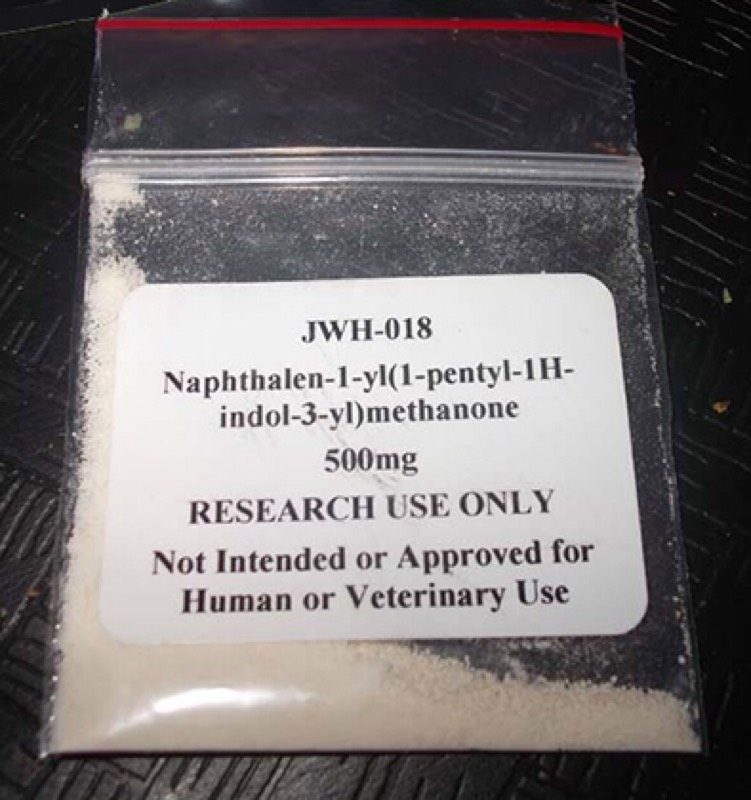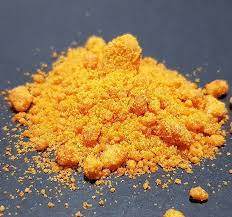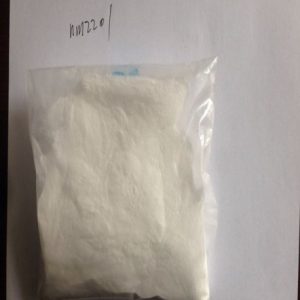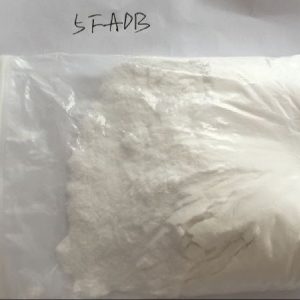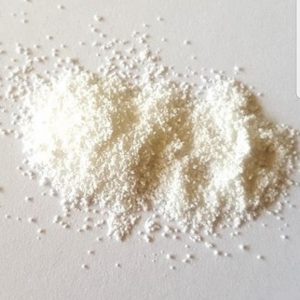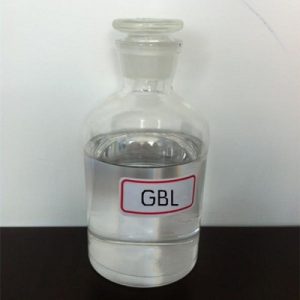Despite the rising prevalence of novel psychoactive compounds, there are currently no human metabolism data available, making laboratory documentation of ingestion in urine samples and assessment of the medicines’ pharmacodynamic, pharmacokinetic, and toxicological features more difficult.
Synthetic cannabis indazole analogs of JWH-018 and THJ-2201 were released in 2014 as THJ-018 and THJ-2201.
THJ 018 is a brand-new synthetic medication available for purchase. It’s classified as a cannabinoid. This compound is a derivative of the well-known jwh 018 drug.
The National Forensic Laboratory Information System has 220 THJ-2201 reports, according to AM-2201. In January 2015, the Drug Enforcement Administration classified THJ-2201 as Schedule I due to many adverse occurrences.
METHODS: After incubating 10 mol/L THJ-018 and THJ-2201 in human hepatocytes for 3 h, we employed high-resolution mass spectrometry (HR-MS) (TripleTOF 5600+) to discover optimum metabolite markers. Product ion scans with mass defect filters were activated by complete scan and information-dependent acquisition. MetaSite was used to make in silico metabolite predictions, which were then compared to metabolites found in human hepatocytes.
RESULTS: Thirteen THJ-018 metabolites were found, with hydroxylation on the N-pentyl chain and subsequent oxidation or glucuronidation being the predominant metabolic routes. There were 27 metabolites found in THJ-2201, with the majority being oxidative defluorination followed by carboxylation or glucuronidation, as well as glucuronidation of hydroxylated metabolites.
Both compounds showed dihydrodiol synthesis on the naphthalene moiety. MetaSite prediction was accurate for THJ-018 hepatocyte metabolites, while THJ-2201 oxidative defluorination was underestimated.
CONCLUSIONS: We investigated THJ-018 and THJ-2201 metabolism in human hepatocytes using HR-MS for data acquisition and processing, and we recommend relevant indicators for laboratories to identify THJ-018 and THJ-2201 ingestion and relate documented adverse outcomes to these new synthetic cannabinoids.
SCs bind to endogenous cannabinoid receptors and produce cannabimimetic effects comparable to 9-tetrahydrocannabinol (1, 2). Abuse of SC3 leads to major side effects such as acute renal damage, myocardial infarction, and death (3, 4).
Despite these risks, people continue to consume SC. Many SCs have been scheduled in the United States, Japan, and most European nations (for example, JWH018, JWH-073, AKB48, and XLR-11); however, additional structurally varied compounds are constantly emerging.

